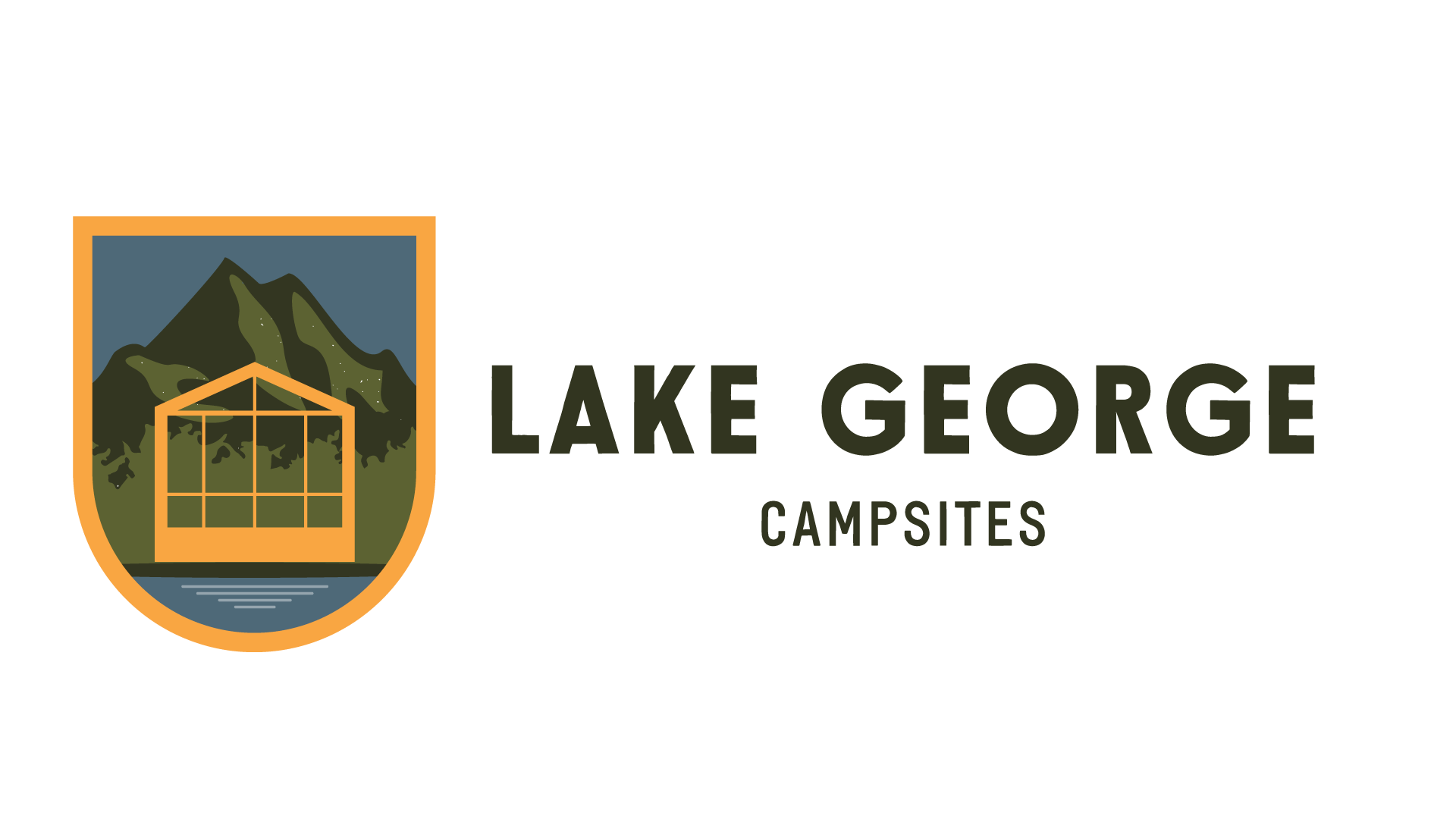
02 Jun Simple but Significant Ways to Protect the Waters of Lake George
Welcome, campers! Your enjoyment of Lake George is a big reason the Lake George Association (LGA) is dedicated to protecting our clear, clean waters. We, of course, love the pack in-pack out credo that campers naturally follow. Riffing on that nature-first attitude, we’d like to share with you 10 easy ways everyone can help keep Lake George pristine. The actions are small, their impact mighty.
Protect our Lake from harmful algae growth.
When there’s too much algae in a freshwater body like Lake George, it can potentially become what’s called a harmful algal bloom (HAB). And HABs can turn toxic, making the water unhealthy to drink or swim in. Algae feeds on nutrients in human and manmade waste. To minimize that…
- Use phosphate-free laundry detergent and other cleaning products. (Algae love phosphorous.)
- Don’t bury dirty diapers in the sand at the beach. Same goes for dog poop. Yes, it happens. And yes, it pollutes the Lake.
- Put garbage in the can. Otherwise, if it gets into a stream or goes down a storm drain (the grates you see on the side of our roads), it’s on a direct path to the Lake. Not good.
- Wash your car at a car wash, which will properly drain the wastewater into the sewer. When you soap up and hose off your car on bare ground or a parking lot, chemicals can easily seep into groundwater that feeds the Lake.
Protect the Lake and land from invasive species.
When plants, animals, or other living organisms are introduced to a place they aren’t originally from, it can destroy the biodiversity that natural species depend on. To date, the Lake George Park Commission has spent more than $7 million on control and eradication of invasive species in Lake George. So…
- Have your boat inspected. Actually, it’s required if it’s on a trailer and you want to launch in Lake George. It doesn’t take long, and there are 6 inspection stations along the Lake and one at Exit 18 off the Northway.
- Don’t relocate fish. No matter where you catch a fish, you must release it or kill it. Transporting live fish is not legal.
- Use local or certified bait for fishing. And if there are lead sinkers and jigs in your tackle box, please switch to nontoxic ones.
- Buy firewood locally. NY State law doesn’t allow the transport of firewood more than 50 miles from its source because it may contain destructive invasive species that can kill trees. Trees are an important resource for controlling stormwater runoff into the Lake.
Protect the ecosystem so it remains in balance.
Aquatic wildlife is a necessary part of the Lake’s biodiversity. Upsetting the balance can cause a ripple effect of unhealthy consequences. To avoid that…
- Keep plastic and toxins out of the water. When marine life ingest plastic (bags, bottles), they die. Pharmaceuticals flushed down the toilet can change the growth, reproduction, and behavior of aquatic invertebrates; here’s how to dispose of them. Hazardous household waste, like leftover charcoal lighter, is just as harmful; this is what NY State recommends.
- Don’t feed ducks or geese. As tempting as it is, hold onto your popcorn and potato chips. Otherwise, the birds start to rely on handouts, breaking the natural system of the environment that our Lake depends on.
Thank you for taking care of Lake George. While you’re here, have a quick read about the natural beauty of the Lake, or visit the LGA’s exhibit at the Lake George Village Visitor Center at the corner of Canada Street and Beach Road.
This blog post was written by the Lake George Association.
*Header photo courtesy of the Lake George Association.*

